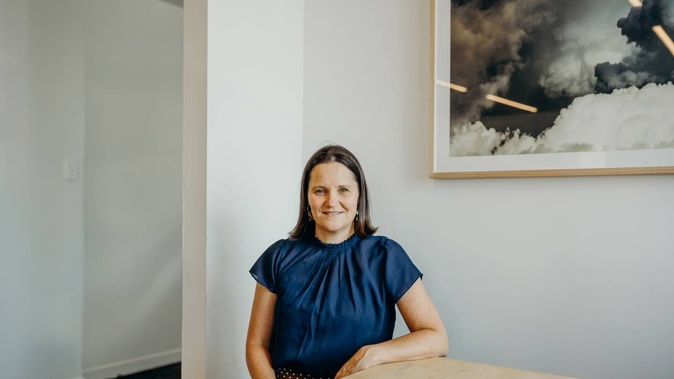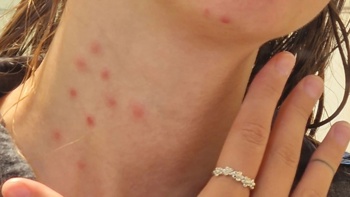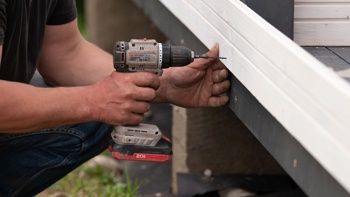
Pacific babies are still dying in their beds at much higher rates than any ethnicity other than Māori. New research shows what places Pasifika infants at risk - and what keeps them safe.
Pacific mothers who do not speak English at home or have a regular GP before pregnancy are most likely not to follow safe sleeping practices, potentially putting their babies at risk of cot death.
Poorer households and those who use alternative health practitioners are also less likely to follow the guidelines, which include placing babies on their backs to sleep and using a safe sleeping device.
New Zealand researchers have now published the first comprehensive investigation of infant care practices among Pacific families, which looked at the factors that influence whether a family follows official advice on safe sleeping.
Dr Fiona Langridge, a research fellow at the University of Auckland’s Department of Paediatrics, said Pacific babies were still over-represented in rates of sudden unexpected death in infancy (Sudi), despite a reduction in rates across the general population.
Since 2002, the death rate for Pacific infants was higher than the rate for non-Māori and other ethnicities, but lower than for Māori. Pacific babies were an estimated six times more likely to die in this way than non-Māori, non-Pacific infants.
The provision of safe sleeping devices such as pēpi pods and wahakura helped to reduce death rates between 2010 and 2015, but rates have since plateaued and some datasets indicate rates among Māori are rising.
The study, published in the BMC Public Health journal this month, used data from the Growing Up in New Zealand longitudinal study, in particular interviews with 1100 mothers of Samoan, Tongan, Cook Islands Māori and Niuean descent.
It found that about two-thirds of Pacific families followed safe sleeping guidelines. Mothers who were living in larger households and were connected with their culture were more likely to practise the official advice.
Langridge said one of the most persistent findings was that mothers who did not speak English at home were less likely to follow the guidelines.
This could be because the advice was not reaching them; the advice was simply a translation from English that did not take into account cultural differences; or diminished trust in the health system because of past experiences, which could include racist treatment.
/cloudfront-ap-southeast-2.images.arcpublishing.com/nzme/OI6VJWHBBRGQ3IOVIPP6KWWS3U.jpg) Funded sleeping devices such as pēpi pods, wahakura, bassinets and costs have helped reduce Sudi rates. However, rates have plateaued since 2015 and may be rising again among some populations. Photo / Mike Scott
Funded sleeping devices such as pēpi pods, wahakura, bassinets and costs have helped reduce Sudi rates. However, rates have plateaued since 2015 and may be rising again among some populations. Photo / Mike Scott
For Pacific families, solitary sleeping was extremely rare. Failing to understand this, or overlooking it, meant that safe sleeping messages risked missing their mark, the researchers said.
The Herald reported last week on the case of Silongo Mafi, who died aged three months in 2020. A coroner found he was living in emergency housing, his parents did not appear to have been advised on safe sleeping, and Silongo had been sharing a bed with his mother on the night he died.
“It is just a perfect example of a baby’s mother who is not connected with our system,” said Dr Teuila Percival, a paediatrician and co-author of the study.
“Not seeing a Well Child provider, not being able to access anything because they’re in emergency housing. So ... they’re in a situation where our system doesn’t work for them.
“We often fail these mothers and babies because they don’t speak very good English. They don’t actually use our system. They’re not connected with the GP, they don’t live in a decent house.
“Our approach has been to tell people what to do, change the behaviour, whereas what we need to do is wrap a lot of things around families, starting with our neighbourhoods.”
Some progress is being made at the community level. The researchers pointed to My Baby’s Village, a collective of community groups and churches dedicated to improving Pasifika health and wellbeing.
Such initiatives needed ongoing support to make sure safe sleeping messages reached a wide audience, the researchers said.
A follow-up study is now underway to investigate culturally appropriate interventions and a communications strategy for reducing the risk of Sudi among Pacific families.
Take your Radio, Podcasts and Music with you









